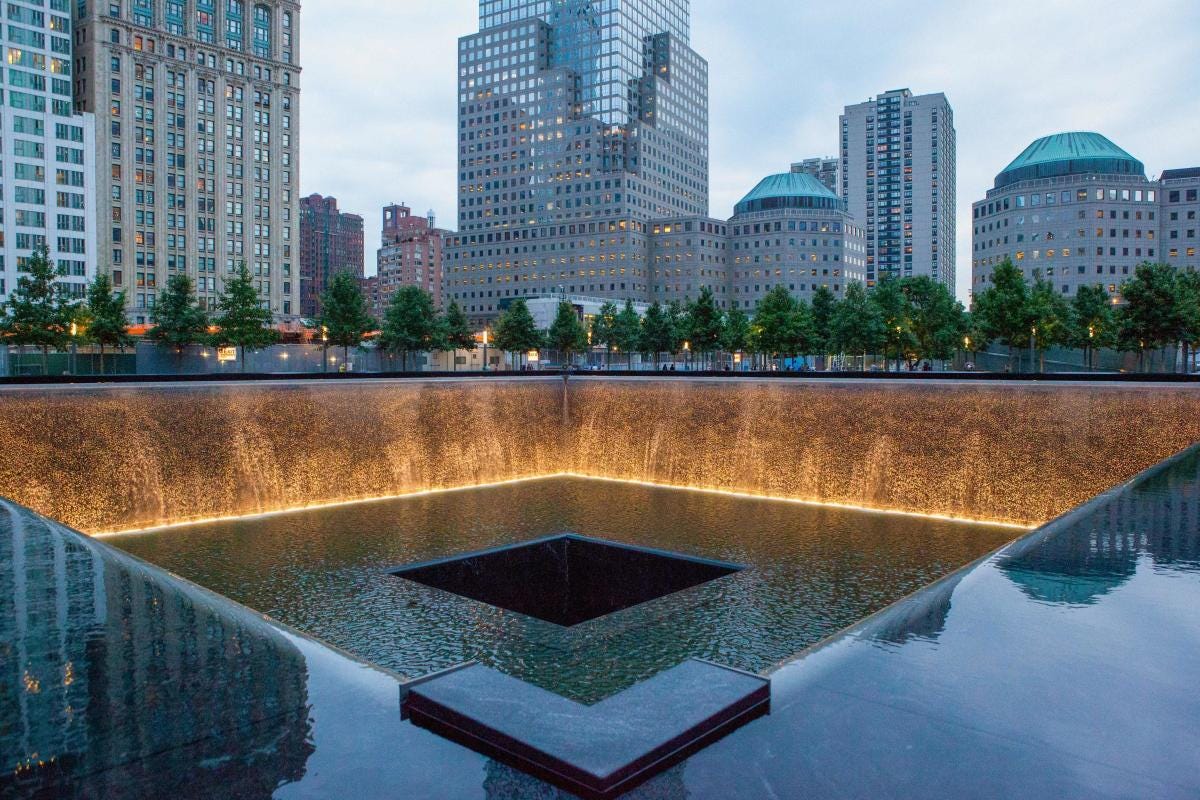America Woke Up on 9/11. Has It Learned Anything Since?
America poured trillions into war and occupation. It’s time to invest in dignity and freedom instead.
Two decades of war showed that you cannot bomb an idea out of existence. Extremism is not defeated by drones or dictators, but by freedom and opportunity.
I live in New York now. Every September 11, the city grieves with quiet dignity and fierce defiance. The skyline is rebuilt, but the absence remains. You can feel it in the air. For New Yorkers, 9/11 is a wound that will never fully heal.
But 9/11 was never just about America. It was also about the Middle East, where the ideology behind those attacks was born. It grew in places crushed by totalitarian regimes and ideologies, where corruption and despair left space for extremists to thrive. The hijackers weren’t born in caves—they were born in societies where tyranny and fanaticism walked hand in hand.
America’s response was war. Afghanistan. Iraq. Twenty years of blood and treasure poured into the sand. Where I was born in Iraq, the “War on Terror” was supposed to bring freedom. Instead, it unleashed militias, deepened sectarian divides, and handed Iran unprecedented power. Extremism did not die, it evolved, returning as ISIS and Iranian militias more savage than before.
This is the lesson too few have learned: you cannot kill an idea only with bombs. What the terrorists of 9/11 feared most was not American military might, but freedom—the freedom to think, to question, and to live beyond tribe, sect, or ideology.
For two decades, America invested more in war than in dignity, more in occupation than in opportunity. And the price for that decision is still being paid in both the Middle East and in America.
To truly honor the victims of 9/11, remembrance is not enough. We must break the cycle. We must confront extremism at its roots by building societies where young people have reasons to live, not excuses to die.
9/11 was the day America woke up. But waking up is not the same as learning. Twenty-four years later, the question remains: are we still making the same mistakes?


